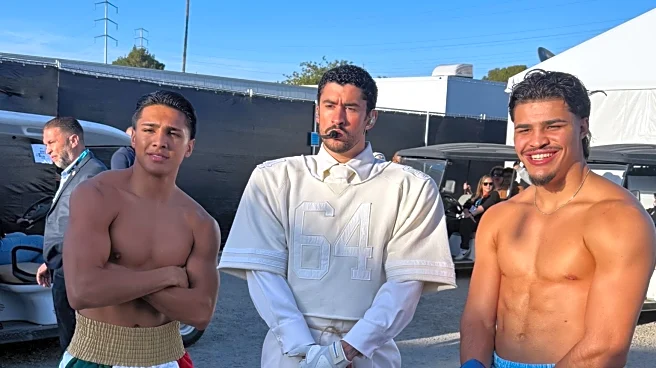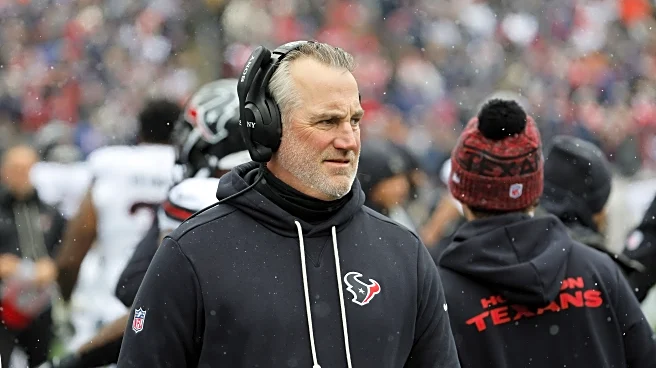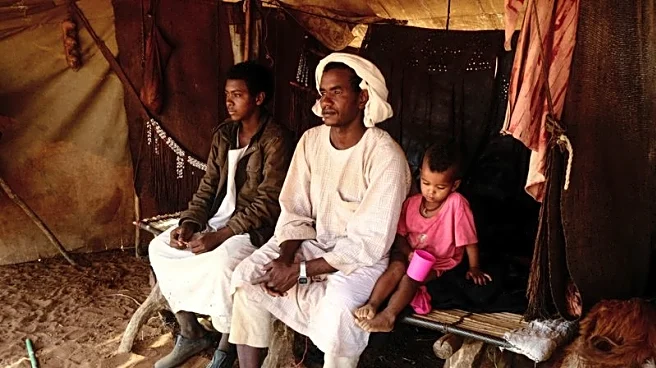Rapid Read • 8 min read
The history of voting rights in the U.S. is marked by a series of struggles and legislative milestones aimed at expanding access to the vote. Initially, voting was limited to white male landowners, but over time, constitutional amendments and laws have broadened access based on race, gender, and other factors. The Voting Rights Act of 1965 was a pivotal moment, curtailing voter suppression tactics like literacy tests and poll taxes. However, the 2013 Supreme Court decision in Shelby County v. Holder weakened the Act, leading to new restrictive laws. Despite these challenges, efforts to protect voting rights continue, with organizations working to advance pro-voter policies and challenge barriers.
AD
Understanding the historical context of voting rights highlights the ongoing challenges in achieving full voter enfranchisement. The weakening of the Voting Rights Act has led to a resurgence of restrictive laws, disproportionately affecting underrepresented populations. These developments underscore the need for continued advocacy and legal action to protect voting rights. The history of voting rights also reflects broader societal changes and the struggle for civil rights, emphasizing the importance of vigilance in safeguarding democratic principles.
Voting rights organizations are actively challenging new barriers to voting and advocating for policies that expand access. Legal battles over voter ID laws, polling place closures, and other restrictions are expected to continue. The upcoming legislative sessions may introduce new laws affecting voting rights, prompting further litigation. Advocacy efforts will focus on ensuring fair representation and access to the ballot for all citizens.
The struggle for voting rights is intertwined with broader issues of racial and social justice. The historical efforts to expand the franchise reflect the ongoing fight for equality and civil rights in the U.S. The legal and cultural dimensions of voting rights highlight the importance of civic engagement and the role of grassroots movements in shaping public policy.
AD
More Stories You Might Enjoy












